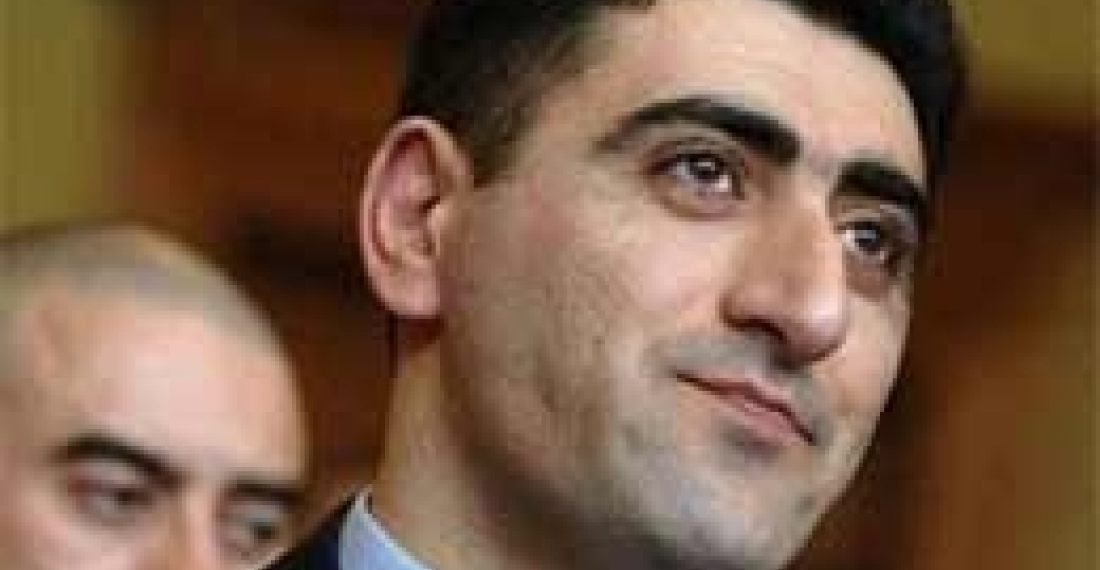Actually, in the European Union, one can take an axe, penetrate into NATO military dormitory, and axe a sleeping man 16 times and decapitate him. You will be arrested, convicted, but released, "Vesti Nedeli" writes.
Further in the item: "Murderer and triumphator, Azerbaijani officer Ramil Safarov is back to the motherland. President Aliyev promotes him and rewards with new flat."
In an interview with "Vesti Nedeli" Safarov tells about the motives of his crime during the NATO language courses in Budapest: "I was sent to the courses. There were two Armenians with us. At the beginning of the courses they were greeting me, saying 'hi,' but I did not answer. Once they walked by murmuring something in Armenian and smiled at me. At that moment I decided to kill them," the Azerbaiani officer said.
Further the source reports: "The Hungarian Court sentenced Safarov to life in jail with no pardon for 30 years. But it is one figure. Another figure - three billion dollars - Azerbaijan allegedly plans to invest in Hungarian bonds. This figure did not leave Budapest indifferent. Hungarian debts are worse than the Greek ones. EU officially recommends Greece to introduce a 6-day working week - "black Saturday", Hungary is in worse situation and one can imagine
the big power of the Azerbaijan oil billions for Hungary." However, there is no money yet, but Hungary and European courts, and the European conscience, are sold at a fixed rate of three billions. Russia and USA respond harshly, EU - weakly. Armenia breaks relations with Hungary, while the Hungarian Consulate is "drowning' in tomatoes of picketers. President Sargsyan speaks of war.
"We do not want war, but if we are forced to, we will fight and win," says President of Armenia Serzh Sagrysyan.
In Azerbaijan they call all this 'hysteria.' Anyway, for Russia this story is extremely unpleasant for three reasons: first, tension inside the CIS; second, threat of war on the southern borders and human loss; third, NATO will, as usually, try to interfere with its peacekeepers. Here is the northern border of Iran and it is already geopolitics. Hungary and EU have made a fine mess of it. It will not be easy to put things right," Vesti Nedeli reports.
News
Safarov interviewed by "Vesti Nedeli": "Once they walked by murmuring something in Armenian and smiled at me. At that moment I decided to kill them"







